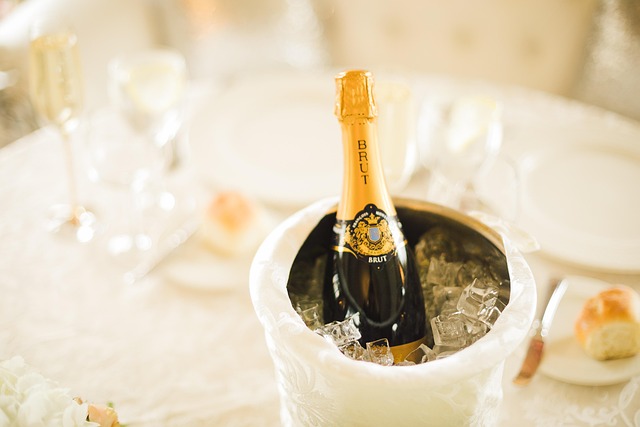Weddings have long been a symbol of love and commitment, but beyond the personal promises exchanged between partners lies a rich tapestry of religious traditions that add depth and meaning to wedding ceremonies. Whether it’s an intimate gathering or a grand celebration, these sacred rites reflect the beliefs and values that shape the couple’s lives.
In many cultures, a wedding ceremony is not just a legal contract; it is a deep spiritual bond, often initiated with blessings from religious leaders or family elders. For instance, in Christian weddings, pastors often bless the couple, invoking God’s grace upon their union. This sacred endorsement serves as a powerful reminder that their marriage is rooted in faith. As couples stand before their loved ones, they often feel the weight of these traditions, infusing the occasion with significance that goes far beyond mere celebration.
Similarly, in Hindu weddings, the concept of saath phere or the seven circles around the holy fire encapsulates the spiritual journey that the couple undertakes together. Each circle represents a vow, intertwining their lives with ancient rituals that have stood the test of time. This aspect of the wedding ceremony emphasizes not only the partners’ love but also their individual responsibilities towards each other and their families.
The Jewish wedding is another poignant example, where the chuppah symbolizes the home the couple will build together. Under this beautifully adorned canopy, the couple often participates in the sheva brachot, or seven blessings, which celebrate the joy of their union while simultaneously connecting them to their community and tradition. The spirit of togetherness, accompanied by prayers, enhances the solemnity of the event, inviting a communal blessing that resonates with all attendees.
The Islamic perspective on weddings is equally rich. The nikah ceremony emphasizes the significance of mutual consent, making the union both a sacred and consensual act. The couple’s vows are read aloud, often incorporating the Quran, affirming that their relationship is grounded in spirituality and mutual respect. This connection between the divine and the personal highlights the importance of faith in their journey together as partners.
Exploring the various sacred traditions within wedding ceremonies not only fosters a deeper appreciation for the couple’s beliefs but also creates a lasting memory infused with spiritual significance. Each religious practice contributes to the overall beauty of the occasion, making it unique to the couple’s heritage and values. As guests witness these rituals, they too become part of something greater, transcending the individual couples to unite entire families and communities.
As we continue to navigate the complexities of modern life, the ritualistic aspects of a wedding ceremony grounded in religion provide comfort and reassurance. They remind us that while love is personal, it is also a shared experience supported by centuries of tradition. This blend of the sacred and the secular offers couples an opportunity to express their unique identities while honoring their cultural ancestry. In each wedding ceremony, we find stories of hope, resilience, and the beautiful intertwining of lives, all rooted in the fabric of faith.




